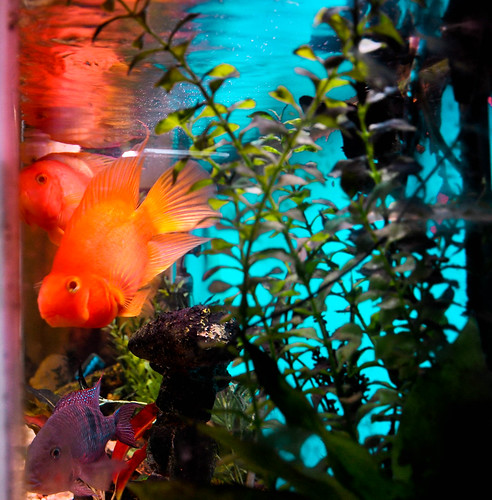Those who have spent time outdoors often agree that water is luring. And what better way to go out and enjoy the sea than to partake in an activity that has fed and entertained people for thousands of years? These tips will help you bring home dinner today!
To have patience is possibly the best advice that can be given to someone with regard to fishing. It takes time and dedication to fish successfully, and you may go for long period of time when you don’t get so much as a nibble. It is vital not to be frustrated or you’ll end up having a bad day.
Sharp Hook
One of the most important tools for fishing is a sharp hook. A sharp hook ensures that the fish stays on the line while you reel it in. Check the sharpness of your hooks regularly, and replace or sharpen them before your next fishing outing if they become dull.
If you’re new to fishing, go with cheaper gear. Costly equipment isn’t needed to ensure you’ll enjoy the sport, nor will it increase how many fish you catch. Choose equipment that falls within your spending limit, and you’ll feel more confident about actually using it.
If you are fishing in freshwater areas like lakes and rivers, you may enjoy a higher success rate by casting your line close to the shore. You can expect to get bites in that area because the insects, which are the fishes’ food source, are located there. Don’t catch the weeds, though!
You should almost always use a sinker whenever you are fishing in the winter. A sinker carries your bait to the bottom where fish are during cold weather. How many sinkers are added to the line, and how big they are, varies according to how deep the water is.
Be sure to get a good understanding of fishing when you are first starting out. Make sure you thoroughly research prior to going out and fishing. There are various books on the subject that can help you become more knowledgeable about fishing prior to going out. With this information at your fingertips, you will be sure to get the catch of the day.
Bring your camera with you so you can show people the fish you caught before putting them back in the water. The fish gets to go on with its life, and you will be able to show your prize catch to everyone.
Learn to fish responsibly. Treat the land and water well, doing no environmental harm. Never litter if you bring drinks or food along. Follow local regulations regarding the amount of fish you can keep in a day. Release any fish that is too small to be eaten.
To you, the weeds and plants of a fishing spot might be a big inconvenience and irritation. While these might be bothersome and snag your line, fish love eating bugs that loom around these plants, which would make it more likely that you will catch a greater amount of fish.
Pay attention to the weather when you are fishing, particularly the wind. If there is a strong wind, fish are going to follow the currents and you will find them downwind. Always try to cast into the direction the wind is blowing. However, if winds are too strong, fish will stay at lake bottom where they are not visible.
If you need to use a net while catching your fish, always be sure that it enters the net head first. By netting the fish headfirst, the fish will not move as much and will have less of a chance to escape. Most of the time, you should only net when it is necessary.
Fishing has survived as one of the favorite past-times of people for many years. Use the advice here to become better at fishing, so you can catch and bring yourself home a few fish to eat.
